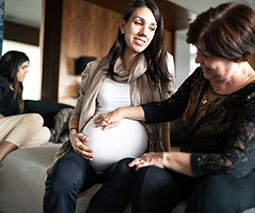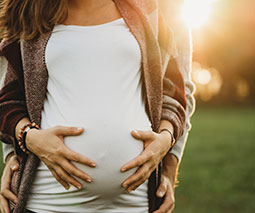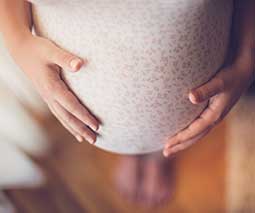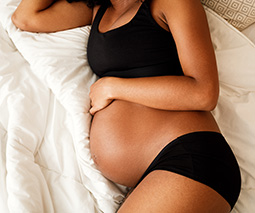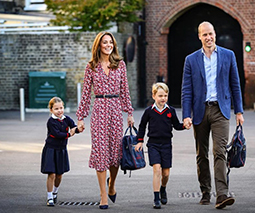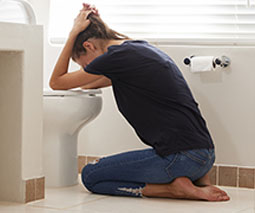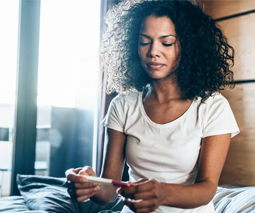Why all the pee? What you need to know about frequent urination in pregnancy
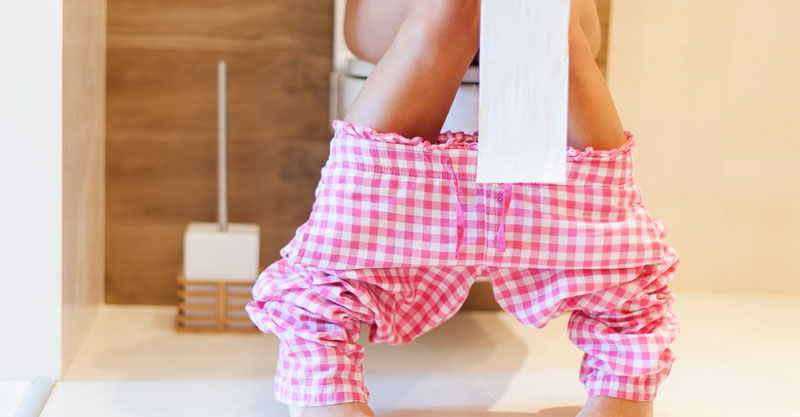
It’s one of those delightful first signs of pregnancy: the need to pee more often.
Changing levels of hormones in those early weeks can have you running to the bathroom more frequently than usual, and while many women put up with it during the first trimester, needing to pee all the time can be an exhausting battle – especially if it affects you right throughout the pregnancy.
Here’s what you need to know about urinary frequency during pregnancy:
Why all the pee?
Excessive urination in early pregnancy is all down to the pregnancy hormone hCG, which stimulates your kidneys to produce up to 25 percent more urine. This varies between women and can occur between six and 20 weeks of pregnancy. After this time, the need to pee can be due to our growing uterus, which puts pressure on your bladder. Similarly, in the last few weeks of pregnancy, your baby’s head drops into the pelvis area, ready for the birth, which again presses on your poor bladder.
Read more about pregnancy symptoms:
- Indigestion and heartburn in pregnancy: Tips to help to alleviate symptoms
- 8 warning signs never to ignore when pregnant
- Look out down below! The nasty pregnancy side effect no one talks about
How much is normal?
All women are built slightly differently, which means some of us will barely notice the extra peeing, whereas others will be really put out by it. This can make pregnancy pretty tough on a woman, as urinary frequency can continue from the beginning to the very end of pregnancy. Non-pregnant people go to the toilet around 5-10 times a day, and this can be slightly increased or significantly increased for pregnant women. Although it can be annoying, try not to worry about this side effect of pregnancy. It’s very normal and can be managed.
How to manage urinary frequency
When you go to the toilet, try to empty your bladder as much as possible by leaning forward as you pee. Give yourself plenty of time. If you’re at work, try to schedule meetings near the bathroom, so you don’t have to travel far when you need to go. And try not to rush to the toilet, as this can cause your body to go into fight or flight mode, which can affect your bladder’s functioning.
Cutting back on caffeine can help, as this is a diuretic and causes you to pee more. However, don’t be tempted to cut down on fluids, because you and your baby need to be well hydrated during pregnancy, and dehydration can lead to urinary tract infections – an even worse problem to have. You can make fewer nighttime visits to the toilet by drinking plenty of fluids during the day but cutting back in the hours before you go to bed.
Involuntary pee
During pregnancy, it’s normal to pee when you don’t mean to, for example when you laugh or sneeze. A hormone called relaxin makes your ligaments and more muscles more relaxed, and together with the extra pressure on your bladder, this can cause your pelvic floor area to struggle. Visit the bathroom often, and wear a panty liner to protect your underwear. This is also where your Kegel exercises really need to come in. Strengthening your pelvic floor area will protect against stress incontinence during the pregnancy as well as after the birth.
When to get help
Be sure to contact your health professional if you experience any other symptoms along with urinary frequency, such as painful urination, fever or blood in your pee. This could signal a urinary tract infection, which requires treatment. If the urge to pee is really taking over your life, consider consulting a pelvic floor physiotherapist, who may be able to help you strengthen your pelvic floor and ease the situation.
